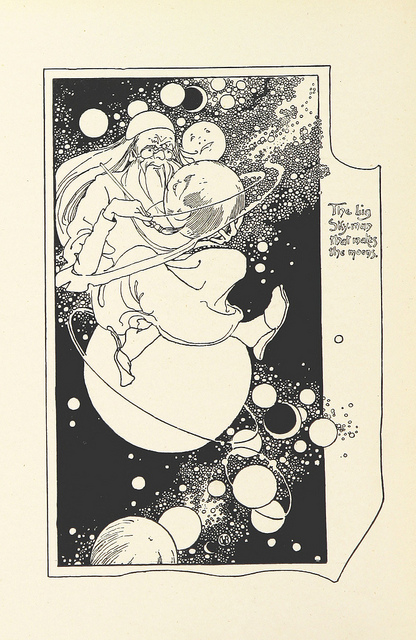The best part of the sentence I love you is that it has a subject, verb and direct object. Clear. Simple. Eternal.
As an editor, I am hard pressed to find fault with these three words as they are strung together. I love you is a potent one liner, but is it a perfect sentence? Colleagues might argue that it isn’t.
- Two out of three words are pronouns. Vague.
- Usage requires keen specificity and timing.
- The sentence is unoriginal, overused, bordering on trite.

As a perfect sentence, its rank may be debatable, but the sentence’s sustainability through time and eternity lies in its ability to communicate a direct and unmistakable message.
I love you is clear. Clarity is power. A clearly written sentence, especially an informational one, demands a writer’s discipline and yields a writer’s elegance. How do you check your writing for clarity? Put the piece aside for an hour or, better yet, a day. Read your piece aloud. If time permits, ask a few frank friends to read it or read it back to you. Good feedback, like a gold nugget, holds dependable value.
I love you is specific. After your final revision is done, edit. Begin by visualizing each person, place or thing you describe, and watch your ability to nail a more exacting word, phrase, sentence, paragraph and piece increase. Avoid lazy words that don’t pull their weight – beautiful, interesting, nice. Show readers how the subject is unique. Write with all your senses. Help us see shapes and colors, hear sounds, breath in scents, touch surfaces, feel temperatures and stir emotions. Readers love stories with detail, facts, evidence, science, humor.
I love you is active. Pay attention to verbs. These drivers are the artists and athletes that leap onto your pages and ignite the pace. Respect their energy.
I love you is the length it needs to be. Not every sentence needs to be, nor should be, this short. Not every sentence should run a four-line marathon, either. A variety of lengths, like layers in a haircut, enhance the texture and fluidity of a piece of writing. Punctuate with short, expressive sentences where they count. They give the eye a break. Short sentences also add voice and tone. As evidence, I quote Henry, age 7, who once prayed passionately for a snowstorm in Texas and concluded with, “I mean it. I’m not even kidding. Amen.”
Whether I love you cuts the mustard as a perfect sentence honestly doesn’t matter. What matters most is that you understand how to hook the reader with an eye-catching opening sentence, sustain the reader’s interest with succinct and thought-provoking sentences and publish content with substance and purpose.
Nailing the basics requires you to read actively, write daily and cultivate a lyrical inner ear. Set aside time to practice and fail. That’s how the best writers grow. They practice so stronger skills can germinate.
Behind every good piece of writing is a good editor. Please respect your readers and hire a professional editor to revise your final draft. You may think you’ve nailed it, but chances are that a good 20 percent or more should be tweaked or cut entirely.
When was the last time a piece of writing grabbed your attention with the first sentence? Was the writer able to hold your attention? Working with the right professional will help you construct one potent sentence after another.
If you haven’t found a writing coach or editor who can give you the attention you deserve, call us. Let’s hear about your goals and determine whether Aroian Editorial is the editorial partner for you.
